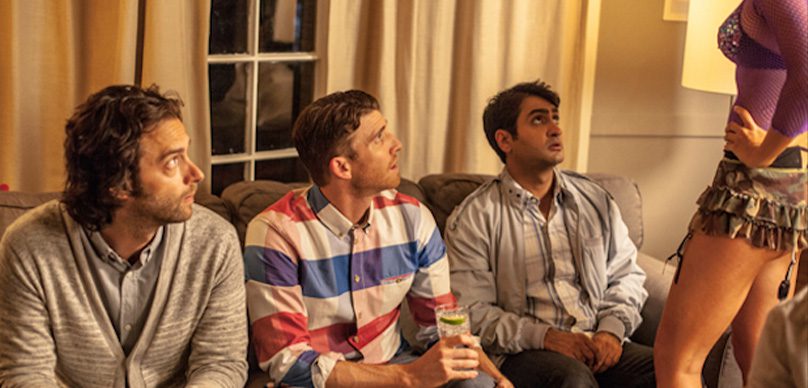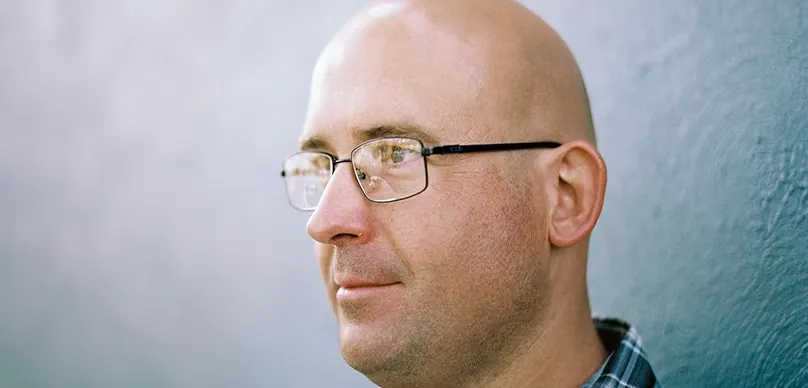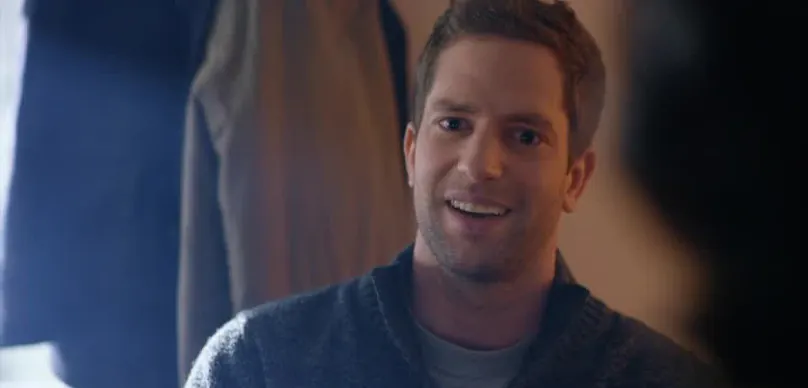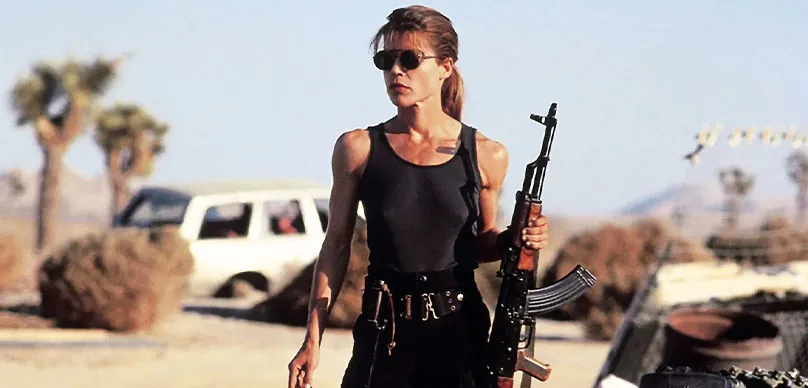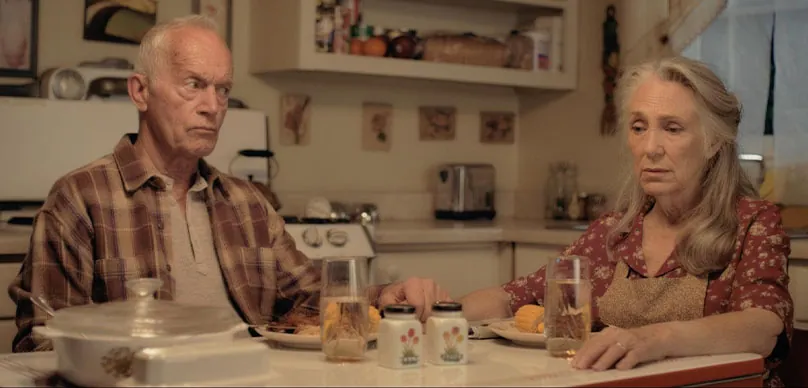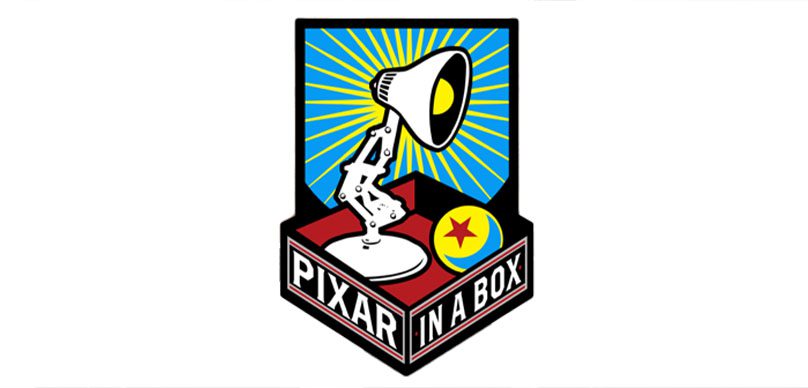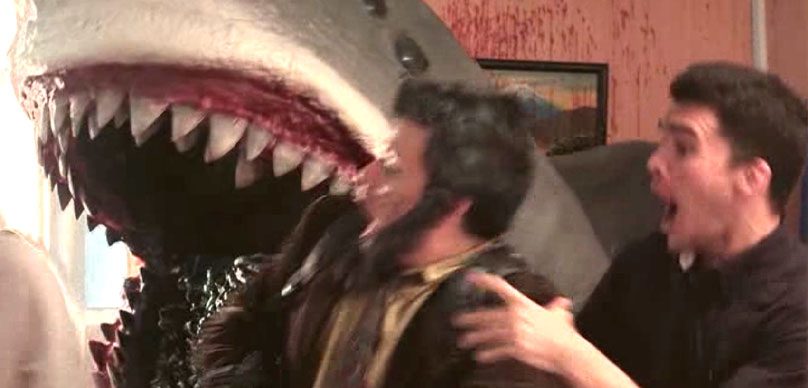On today’s episode, we’re joined by Marc Bienstock, a veteran film producer whose career offers a rare, ground-level view of how movies actually get made. With credits that include The Visit, Split, See No Evil 2, and 12 Rounds 2: Reloaded, Marc has spent decades navigating the realities of studio and independent filmmaking. His story is not about shortcuts or hype — it’s about preparation, collaboration, and solving problems when the pressure is on.
Marc’s path into producing wasn’t linear. While studying at NYU’s School of the Arts, he explored both directing and producing, even directing a music video funded by RCA Records and producing a student film backed by HBO. After film school, he initially pursued directing, completing multiple features. But it wasn’t until the mid-to-late 1990s, after being offered the opportunity to run production at an independent company, that he realized his true strength was producing — supporting directors in ways he himself wished he’d been supported earlier in his career.
That perspective shaped Marc’s entire philosophy. For him, producing is about service: transparent communication, preparation, and building a team that supports the director’s vision. He explains that real producing happens long before cameras roll. Pre-production is where trust is built, expectations are aligned, and creative goals are translated into budgets, schedules, and logistics. Once production starts, things move too fast to solve foundational issues — which is why preparation is everything.
Marc also stresses the importance of assembling the right team. Skill matters, but attitude matters just as much. A single negative presence on set can derail morale, while a collaborative crew can elevate a project beyond its limitations. His now-famous philosophy that “everyone gets one mistake” reflects a realistic understanding of filmmaking: productions are intense, mistakes are inevitable, and a producer’s job is to anticipate problems and find solutions — not assign blame.
As his career progressed, Marc shifted away from script development and focused more on execution. Studios and production companies now bring him projects that are already well underway, relying on his expertise to determine where and how a film should be made. This includes navigating tax incentives, which Marc describes as essential to modern film financing. Shooting in incentive-friendly states can reduce a film’s effective budget by millions, lowering investor risk and making projects financially viable.
His collaboration with M. Night Shyamalan on The Visit marked a major milestone. The partnership came together through mutual contacts, and the success of that film led directly to Split. Marc recalls reading both scripts and being struck by Shyamalan’s mastery of character and voice — an ability to convincingly write across ages, personalities, and psychological states. For Marc, great scripts don’t just have strong concepts; they take audiences on a journey with characters they believe in.
Teaching has also become an important part of Marc’s career. While working on Split, he taught a production class at Drexel University, walking students through the entire lifecycle of a real film — from securing IP to budgeting, staffing, scheduling, and post-production. His goal wasn’t to glamorize the industry, but to prepare the next generation with honest, practical knowledge.
Ultimately, Marc Bienstock represents the kind of producer filmmakers hope to find — one who understands both the creative and business sides of filmmaking, values collaboration, and knows that movies are made by people, not just budgets. His career is proof that success in film comes from consistency, humility, and doing the work when it matters most.


